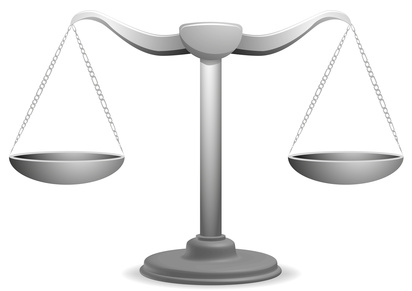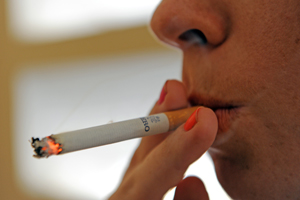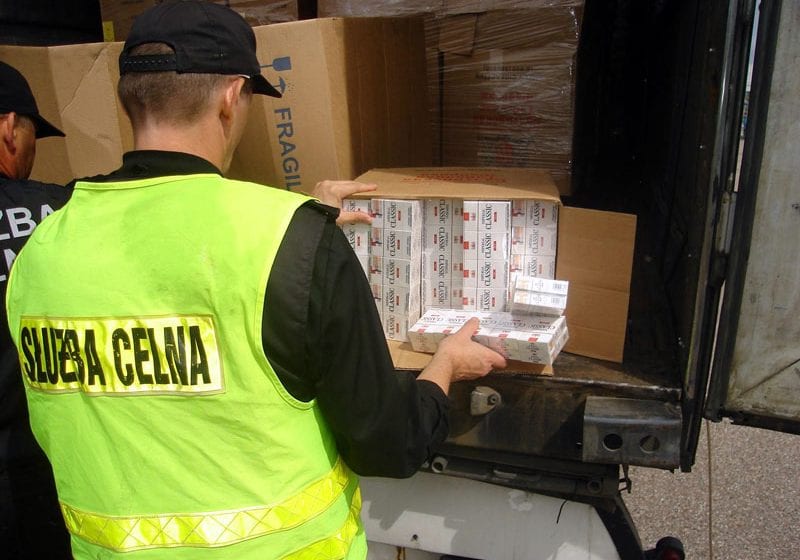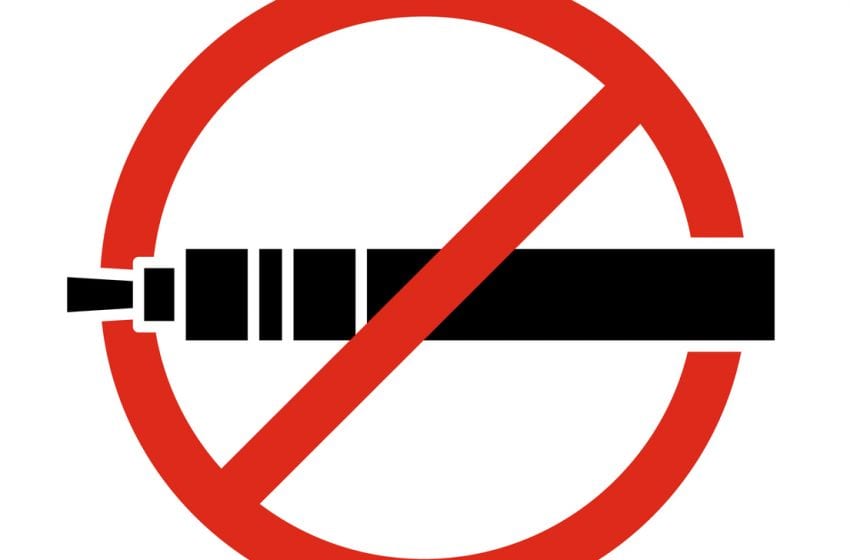A leading Australian health researcher has called for a total ban on combustible cigarettes after a new study found that millions of deaths could be prevented if smokers switched to electronic cigarettes, according to a story by Melissa Cunningham for theage.com.au.
Menzies School of Health researcher Dr. Marita Hefler says the rapid evolution of alternative nicotine products, such as e-cigarettes, meant outlawing combustible tobacco, including cigarettes, was now possible.
“Any other consumer product that kills up to two-thirds of its long-term users remaining legal is unimaginable,” Hefler was quoted as saying.
“Even if the political will had existed for a sales ban, until recently, no products could match the nicotine delivery efficiency of combustible tobacco with substantially less harm, rendering a sales ban a non-viable option due to the risk of a black market.”
Hefler’s push comes in the wake of findings of a new study in the US which examined the health impacts of a large-scale switch from tobacco to e-cigarettes. The results of the study were reported here on October 3 under the heading Vaping a life saver.
Cunningham’s story is at: http://www.theage.com.au/victoria/top-doctor-calls-for-total-ban-on-cigarettes-switch-to-ecigarettes-20171002-gysrgt.html.










